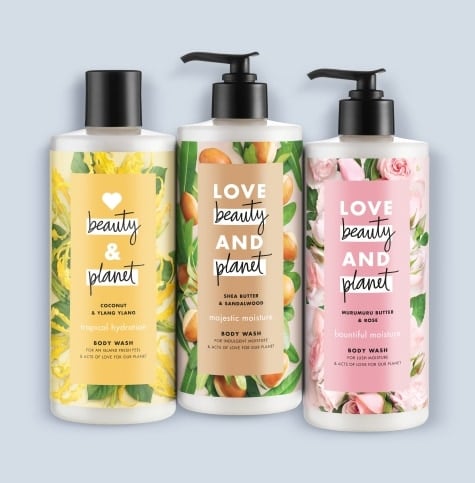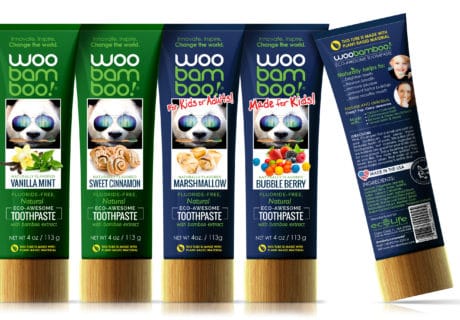Unilever has been making headlines recently for its high profile acquisitions of natural and organic brands – both in the food and personal care sectors.
Last December the company added US personal care brand Schmidt Naturals to a string of buyouts of what it has called ‘purpose-led’ businesses – Pukka Herbs, Mãe Terra and Sundial Brands among them. In the same month, the company rolled out its own responsible beauty brand in the shape of its Love Beauty and Planet (LBP) line.
The development shows that Unilver now believes it can start building ethical beauty and food brands from the ground up. It also demonstrates that a multinational can be remarkably nimble on its feet – the LBP line was developed in under a year.
The new line is made up of 18 haircare products and eight skincare products and will be available in supermarkets, drugstores, the specialist natural products channel and online. It is being positioned by Unilver to compete in a market that is currently dominated by independent boutique brands.
Unilever has worked hard to ensure that LBP comes with some convincing sustainability credentials. The brand says on its website that it set itself ‘six goals for a better future’ – sustainable sourcing (its target is for all the natural ingredients it uses will be from certified sustainable sources by 2020), reducing waste (all packaging is made from 100% recycled plastic), saving water (facilitated, for example, by ‘fast-rinse conditioner technology’), reducing carbon footprint, supporting environmentalists and benevolent beauty.
The brand comes with a back story that echoes those of the start-ups and pioneer brands that Unilever has been busily been snapping up in recent years. “Love Beauty and Planet was started by a group of like-minded people who believe that looking good and doing good should go hand-in-hand,” the website declares. LBP will definitely be an interesting one to watch.





